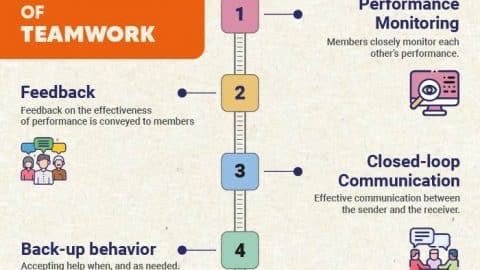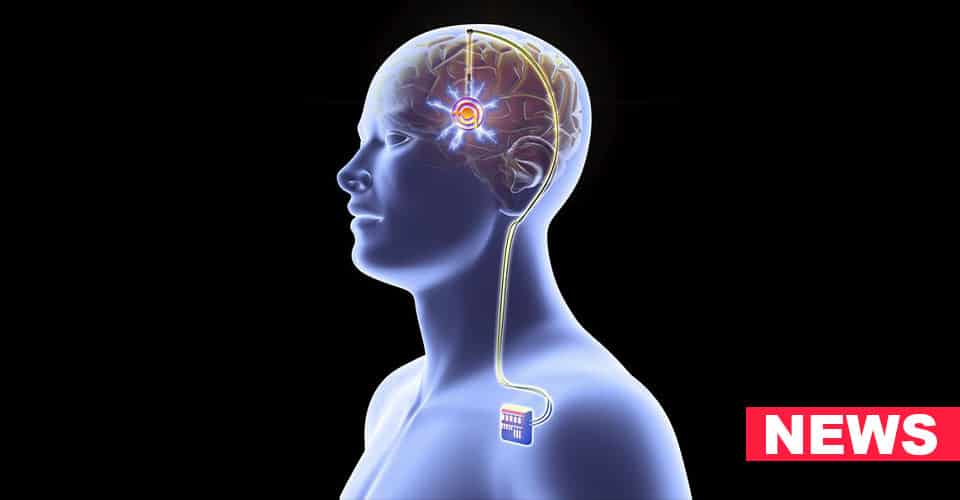Brain News – Study found that students who were trained to play music from a young age exhibited certain interesting patterns of brain activity more strongly than those students who were not.
In a new study, researchers at the University of Tokyo examined the brains of 98 secondary school students during a musical exercise by using magnetic resonance imaging. They divided the students into three groups. Group S was given music training from a young age in the Suzuki method (based on natural language acquisition), while group E was trained from a young age but not in the Suzuki method. Group L was either not musically trained at all or was musically trained at a later age but not in the Suzuki method.
In this experiment, students were asked to identify errors in a piece of music played to them. However, the musical pieces involved errors in one of the four musical conditions, including pitch, stress, tempo, and articulation.
According to the findings, groups S and E reported more brain activities, as compared to group L, specifically during the articulation and pitch conditions. Additionally, groups S and E showed activity in specific brain regions based on the type of error being tested for. Meanwhile, group S also reported some unique activity patterns mostly in the right brain regions that are associated with melody and emotion during the tempo condition. It even supported the ideas behind the Suzuki method.
“One striking observation was that regardless of musical experience, the highly specific grammar center in the left brain was activated during the articulation condition. This connection between music and language might explain why everyone can enjoy music even if they are not musical themselves,” lead researcher Kuniyoshi L. Sakai later mentioned.
To Know More You May Refer To:
Sakai, Kuniyoshi & Oshiba, Yoshiaki & Horisawa, Reiya & Miyamae, Takeaki & Hayano, Ryugo. (2021). Music-Experience-Related and Musical-Error-Dependent Activations in the Brain. Cerebral Cortex. 10.1093/cercor/bhab478.



























Leave a Reply
You must be logged in to post a comment.